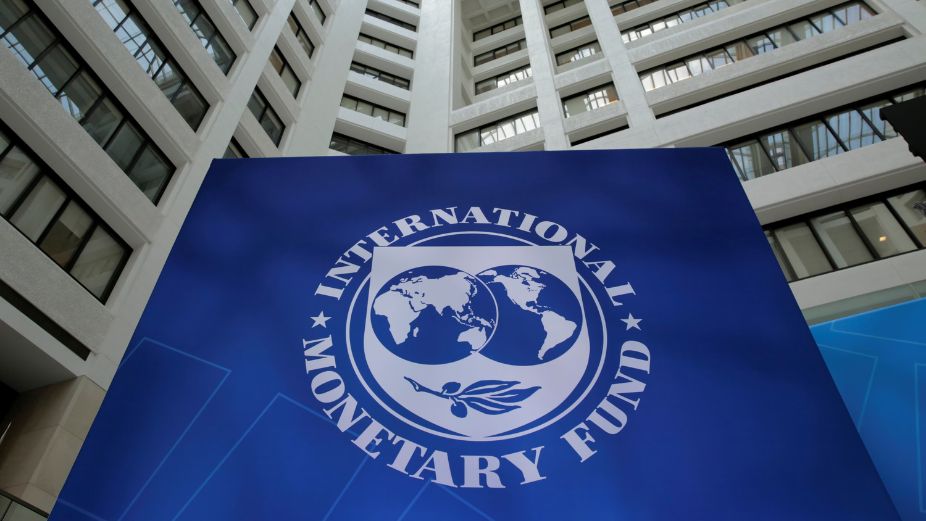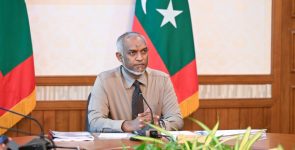
The International Monetary Fund (IMF) has concluded its 2025 Article IV Mission to the Maldives, issuing a report on 18 February 2025 that highlights economic growth projections while warning of widening macroeconomic imbalances. The IMF mission, led by Piyaporn Sodsriwiboon, engaged with Maldivian authorities from 3 to 16 February 2025, discussing the country’s economic outlook and key policy priorities.
According to the report, the Maldives’ real GDP is expected to grow by 5 percent in 2025, largely driven by robust tourism activity. The opening of the expanded Velana International Airport terminal is expected to ease supply-side constraints in the tourism sector and support continued economic momentum. However, inflation is projected to rise to 2.3 percent, influenced by higher import duties.
Despite these positive indicators, the IMF warns that the country’s fiscal and external vulnerabilities remain significant. The Maldives faces a persistently large current account deficit and ongoing pressures on foreign exchange reserves, necessitating urgent policy adjustments. The report calls for broad-based fiscal reforms and a comprehensive debt strategy to restore economic stability.
The IMF acknowledged the Maldivian government’s homegrown fiscal reform agenda, which includes the discontinuation of Maldives Monetary Authority (MMA) advances, the passage of the Fiscal Responsibility Act, and the Public Debt Management Act. However, the report stresses that swift implementation of expenditure reforms outlined in the 2025 Budget is crucial to reducing economic imbalances.
The IMF recommends urgent and stronger fiscal consolidation, including holistic expenditure rationalisation to curb excessive government spending while ensuring the protection of social welfare programmes. The mission also called for subsidy reforms, advocating for the phasing out of untargeted subsidies and the introduction of well-targeted direct income transfers to vulnerable households.
Additionally, the IMF urged the government to reprioritise public sector investment programmes (PSIP) to address immediate fiscal challenges. The report emphasised the need to continue state-owned enterprise (SOE) reforms and Aasandha healthcare reforms, while strengthening the public financial framework to enhance policy credibility and effectiveness.
From a monetary policy perspective, the IMF welcomed the MMA’s commitment to resuming active monetary operations, urging coordinated policy tightening to address macroeconomic vulnerabilities. Should inflationary or external pressures increase, the IMF suggests that the MMA be prepared to further tighten monetary policy. The report also highlighted heightened systemic risks from the banking sector’s exposure to government debt, recommending stricter macroprudential policies and vigilant financial sector oversight.
Given the Maldives’ high vulnerability to climate change, the IMF stressed the importance of integrating climate sensitivity into public financial and investment management strategies to mobilise additional climate finance. The mission also called for structural reforms to improve the business climate, expand trade and investment, and enhance skill development, ensuring long-term sustainable and inclusive growth.
The IMF team expressed gratitude to Maldivian authorities for their hospitality and held discussions with Finance Minister Mohamed Zameer, MMA Governor Ali Munawar, and senior government officials, alongside representatives from the private sector and development partners.









